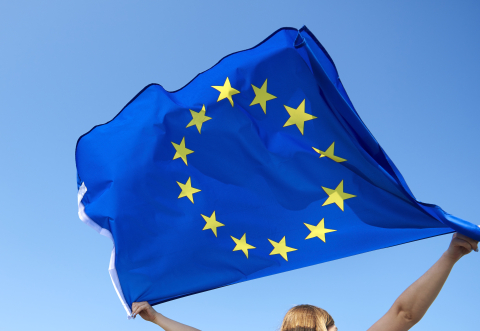EFAMA is appreciative of the opportunity to comment on this major IOSCO study on the dynamics of bond market liquidity during market stresses. We provide some detailed responses below, but would reiterate a few high-level points here:
Retirement savings
With European government no longer able to provide financial security to support citizens in later years, saving for retirement is key. Individuals need to save enough for retirement to ensure adequate income in old age.
EFAMA helps by raising awareness of the importance of saving for retirement and encouraging European authorities to further modernise relevant EU legislation. This includes strengthening competition in the occupational and personal pension markets, and fostering cross-border activities of pension providers and asset managers. Such legislation should seek to create economies of scale, to benefit savers.
EFAMA is a co-initiator of the European Retirement Week.


























































